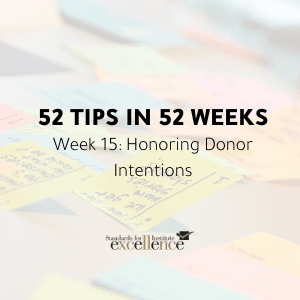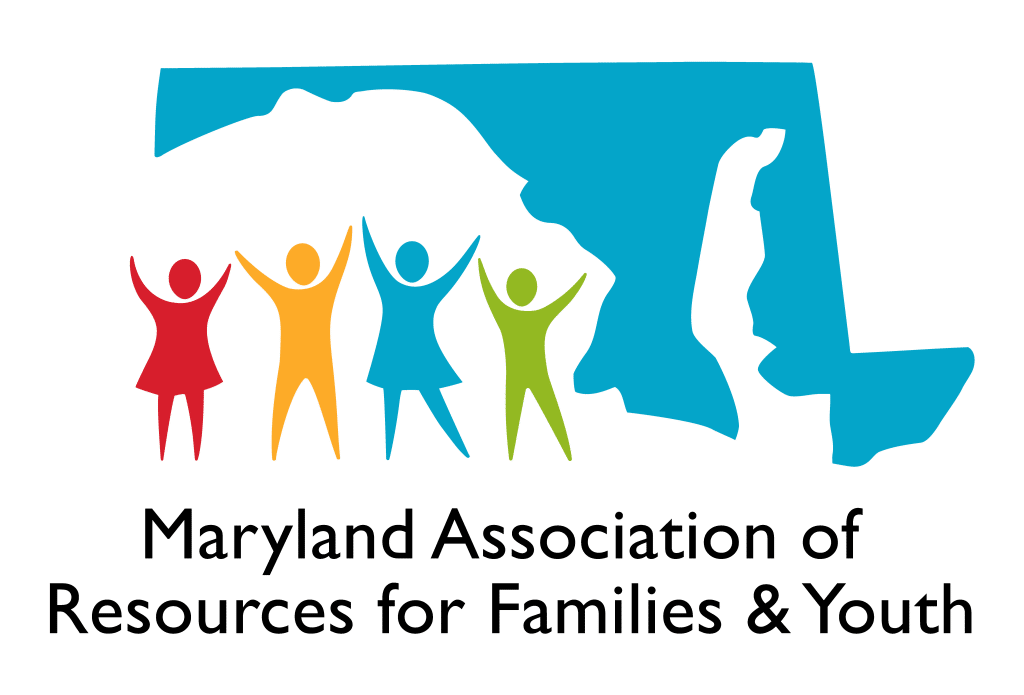In the midst of the current coronavirus pandemic, many nonprofits are faced with tough choices related to raising the necessary resources to meet their missions and support the great needs of the communities they serve. The Standards for Excellence: An Ethics and Accountability Code for the Nonprofit Sector provides guidance for how organizations should act when planning resource development and states, “An organization’s resource development program should be maintained on a foundation of truthfulness and responsible stewardship. Its resource development policies should be consistent with its mission, compatible with its organizational capacity, and respectful of the interests of donors, prospective donors, and others providing resources to the organization.”
Some of the decisions nonprofits are grappling with right now relate to special events that have been scheduled for a long time, which are vitally important to raise revenue in support of the organization’s important mission. Many have been forced to cancel events that were to take place in March, April, May, and June. Others are trying to develop contingency plans, expecting the cancellation of important revenue-generating events for later summer, fall, and beyond.
Of course, many of these events have been in the planning stages for months and months with some donations and sponsorships already deposited in the nonprofit bank accounts. When faced with the legal and ethical considerations around what to do with such sponsorships for events that will likely be canceled or significantly altered in light of the global pandemic, we can again turn to the Standards for Excellence code and its encouragement that “nonprofits must honor the known intentions of a donor regarding the use of any and all types of donations (including but not limited to: cash, in-kind, cryptocurrency, stocks, etc.).” We must use donations, including sponsorships, in the way the donor intended.
To address fidelity to donor intent, many organizations are reaching out to donors and sponsors who committed to events now canceled to see if they would approve a change in their contribution from a “purchase of a ticket to attend a gala, dinner or auction” to a “completely tax-deductible donation” that is not accompanied by a special dinner or entertainment. Such outreach helps the nonprofit honor the intention of donors and gives the donors the opportunity to support the work of the nonprofit in a different manner.
As nonprofits reach out to their donors with these requests, care should be taken to communicate with donors in a way that is respectful and honors the intentions that they initially placed on their gift. Every effort should be made to avoid placing undue pressure on donors in this time when we are all concerned about health, finances, job security, and emotional well-being. Many donors will agree to redirect their gifts, however, others may not wish to do so. As leaders in the sector, we can use the communication around the change of gift intent as an opportunity to deepen our relationships with our donors, and express concern and compassion for their situation at the same time.
We share our sincere wishes for your continued good health and patience as we all navigate these challenging and uncertain times.
The Standards for Excellence educational resource packet on Fundraising, Solicitation, Acceptance of Gifts, and Working with Donors provides additional background on this subject and includes a helpful Model Solicitation and Acceptance of Gifts Policy.
The Standards for Excellence Institute has also made their Administrative Policies Educational Packet, Guide to Remote Work, and Crisis and Disaster Planning Resources free during this time.
Members of Maryland Nonprofits have access to this and all 27 Standards for Excellence Educational Resource Packets through the member portal.
Blog Post: What Should Be Included In Our Nonprofit’s Annual Report?





